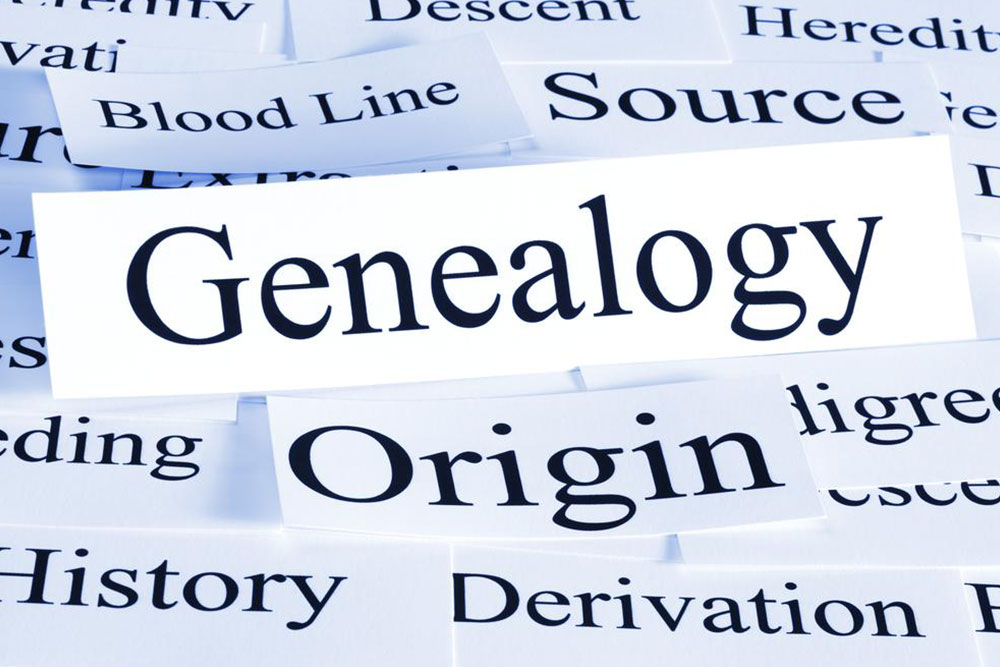Comprehensive Guide to Choosing the Right Genetic Testing Kit for Your Heritage and Health
Explore a comprehensive guide to selecting the ideal genetic testing kit, focusing on factors like accuracy, database size, and privacy. Learn about the benefits and limitations of DNA testing, the simple collection process, and how to choose a reputable service for your heritage and health insights. Make informed decisions with expert tips to unlock your genetic secrets securely and effectively.

Essential Factors to Consider When Selecting a Genetic Testing Kit
Crucial aspects to evaluate before investing in a DNA testing kit
In recent years, the popularity of direct-to-consumer genetic testing kits has surged, driven by companies like 23andMe, AncestryDNA, and MyHeritage. These services offer individuals a window into their ancestral origins, family connections, and potential health risks. If you’ve seen advertisements or received emails from these companies, you might be curious about understanding your genetic makeup. However, choosing the right kit requires careful consideration of multiple factors to ensure that your experience is accurate, reliable, and aligned with your goals.
The benefits of genetic testing
Genetic testing provides an incredible opportunity to delve into your ancestral history and uncover information about your genetic makeup. Modern DNA testing methods involve simple collection procedures, often requiring just a saliva sample or a quick cheek swab. Once the sample is collected, you send it to the company’s laboratory, where advanced genomic analysis is performed. In turn, you receive detailed reports outlining your origins, potential relatives, and genetic health risks. Many services boast extensive databases, enabling you to connect with individuals sharing similar DNA profiles, potentially leading to new family discoveries and understanding your lineage better.
Understanding the limitations of genetic testing
While the advancements in DNA testing have been remarkable, it’s essential to recognize their limitations. No database can include every individual globally, and different testing companies have varying sample sizes and demographics. Despite claims of comprehensive coverage, results are often probabilistic rather than definitive, which means that some matches or details may be incomplete or uncertain. For instance, some distant relatives or rare ancestry lines may not appear in your results due to lack of data. Consequently, while genetic testing offers valuable insights, it should be viewed as part of a broader exploration of your heritage rather than the sole source of truth.
The process of genetic testing simplified
Advances in genetic testing technology have made the process straightforward and accessible from the comfort of your home. With a purchase of a DNA testing kit, you typically follow a set of easy-to-follow instructions to collect a saliva sample or perform a cheek swab. After the collection, you seal the sample in a prepaid package and send it directly to the laboratory specified by the testing company. Once received, the laboratory conducts detailed genomic analysis to decode your genetic information. The turnaround time for results usually ranges from six to eight weeks, depending on the company. During this period, your data is analyzed, and the results are prepared, providing extensive insights into your ancestral roots, migration patterns, and health-related genetic markers.
If you wish to explore your family history or understand your genetic predispositions better, it’s crucial to compare different options. Look beyond price and consider the depth of data, the size and diversity of the database, privacy policies, and additional services offered such as health reports or genealogical tools. Choosing a reputable company ensures your data is handled securely and that your results are as accurate as possible.
In summary, selecting the right genetic testing kit involves understanding what you hope to learn, evaluating the credibility of the service provider, and considering the scope of what each test offers. Whether you are interested purely in heritage, health insights, or both, thorough research can help you make an informed decision to enhance your understanding of your genetic story.
Tags: Genetic Testing, DNA Analysis, Ancestry, Genetic Health Risks, Family Tree




